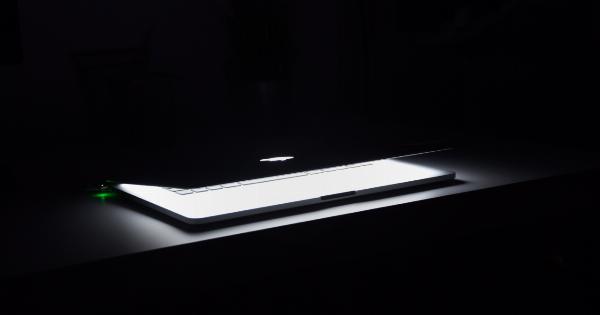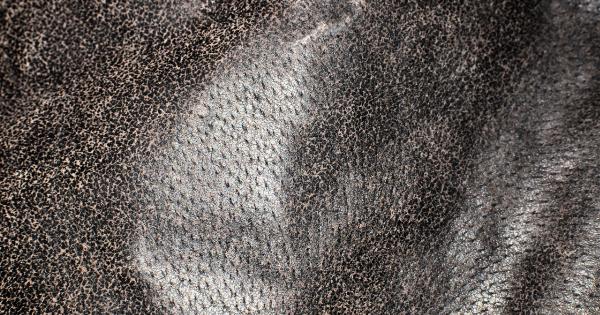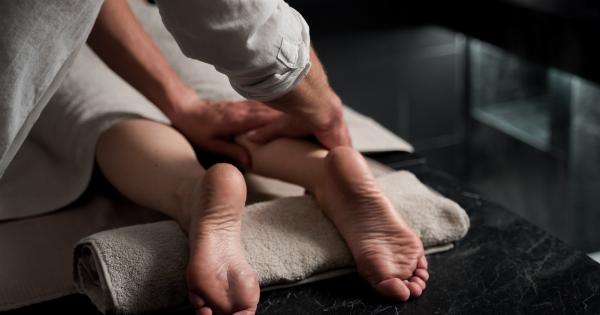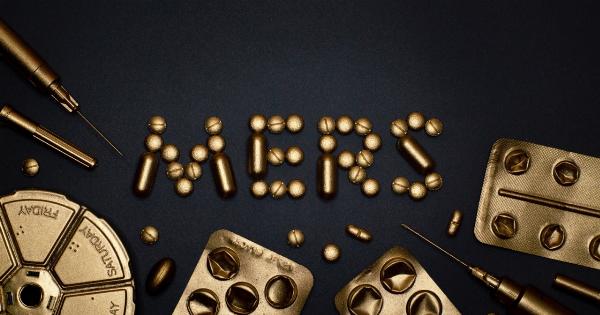When it comes to wound care, the number one concern for many people is scarring. Whether it’s a cut, scrape, or burn, scars can leave a lasting reminder of an injury or accident.
Fortunately, there are things you can do to help prevent scarring and promote healing. In this article, we’ll cover some basics of wound care and provide tips for avoiding scarring.
Types of wounds
There are several types of wounds, and each requires different care. Here are some common types:.
- Cuts or lacerations: These wounds occur when the skin is cut or torn.
- Scrapes or abrasions: These occur when the skin is scraped against a rough surface, such as pavement.
- Burns: These can range from first-degree (redness and pain) to third-degree (damage to all layers of skin).
- Puncture wounds: These occur when an object punctures the skin, such as a nail or splinter.
Cleaning and care
The first step in wound care is cleaning the wound. Wash your hands thoroughly with soap and water before touching the wound. Then, rinse the wound with clean water and gently pat it dry with a clean towel or gauze.
Next, apply an anti-bacterial ointment to the wound to help prevent infection. Cover the wound with a sterile bandage or dressing to keep it clean and protected. Change the bandage or dressing daily, or more often if it becomes wet or dirty.
If you have a burn, run cool water over it for several minutes to help ease the pain and reduce swelling. Do not apply ice, as this can further damage the skin.
Scar prevention
While some scarring is inevitable, there are things you can do to help minimize scars:.
- Avoid picking at scabs or pulling off peeling skin. This can cause further damage to the skin and lead to scarring.
- Keep the wound covered and moist. This helps promote healing and prevents scabbing.
- Avoid exposing the wound to sunlight. UV rays can cause discoloration and make scarring more visible.
- Maintain a healthy diet and drink plenty of water. Eating a diet rich in vitamins and minerals can help promote healing.
- Avoid smoking, as it can slow down the healing process and increase the risk of infection.
When to seek medical attention
While most minor wounds can be treated at home, some injuries require medical attention. Seek medical attention if:.
- The wound is deep or gaping.
- The wound is located on the face or near a joint.
- The wound is caused by an animal bite.
- You are unable to stop the bleeding.
- You develop signs of infection, such as redness, swelling, or pus.
- You experience severe pain or fever.
Conclusion
By following these basic wound care tips, you can help prevent scarring and promote healing. Remember to keep the wound clean and covered, and seek medical attention if necessary. With proper care, most wounds will heal without leaving a lasting scar.






























